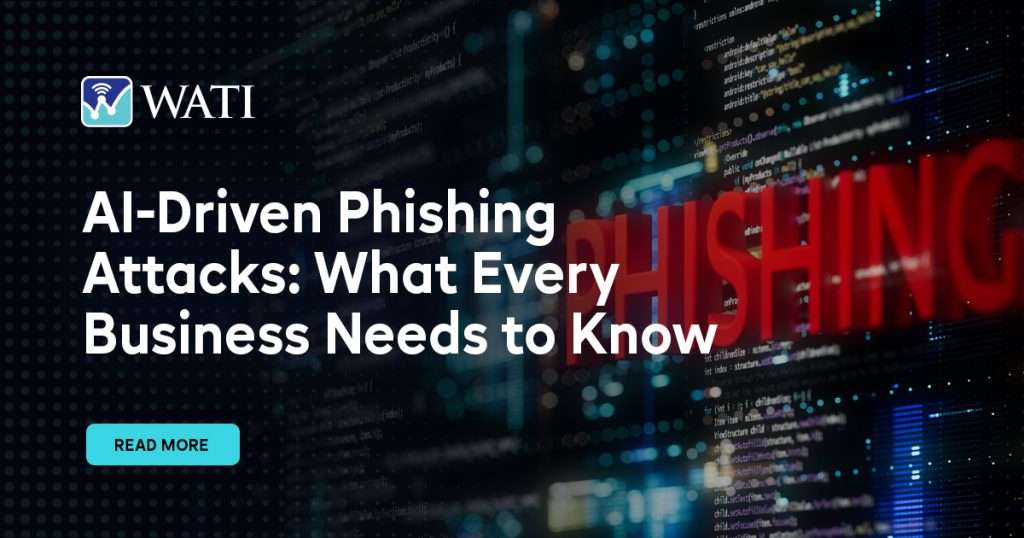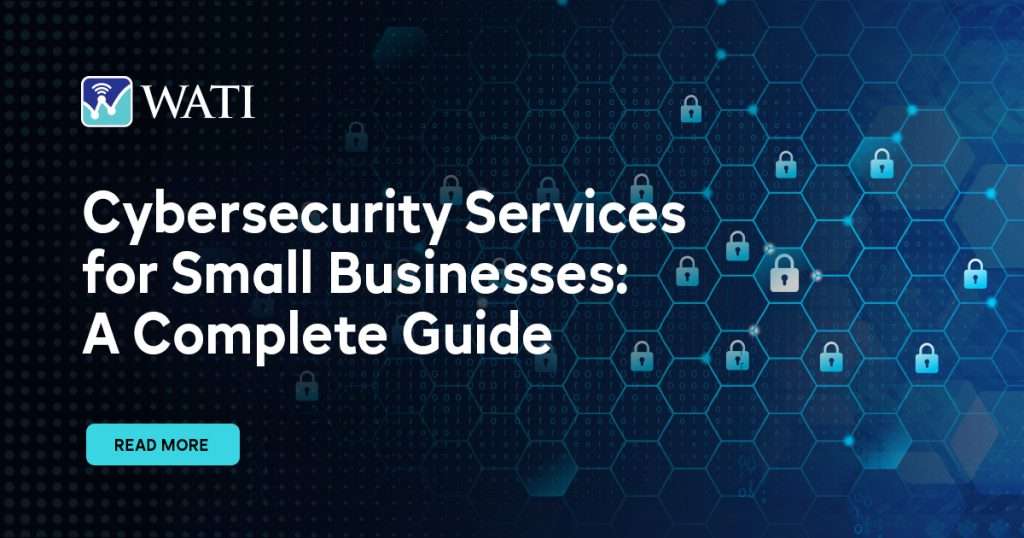Financial fraud is a persistent threat in the banking sector. From account takeovers to fraudulent loan applications, cybercriminals are constantly devising new methods to steal money and exploit vulnerabilities. In this ever-evolving landscape, banks need robust security solutions to protect their customers’ financial well-being and maintain trust. This is where Managed Security Operations Centers (MSOCs) play a crucial role.
The Rise of Financial Fraud
The digitalization of banking has opened new avenues for financial crime. Online and mobile banking offer convenience, but also create opportunities for attackers. Phishing emails, malware attacks, and social engineering tactics target unsuspecting customers, while sophisticated fraudsters exploit weaknesses in bank systems.
Nasdaq’s 2024 Global Financial Crime Report suggests fraud scams and bank fraud schemes resulted in $485.6 billion in losses globally last year. This highlights the substantial financial burden fraud places on institutions and individuals. For banks, these losses translate to financial damage, reputational risk, and potential regulatory fines.
Traditional Security Challenges
Banks traditionally rely on internal security teams and point solutions to combat fraud. However, this approach faces several limitations:
- Limited Expertise: Building and maintaining a team with the necessary cybersecurity expertise can be expensive and time-consuming for banks.
- Resource Constraints: Internal security teams are often stretched thin, making it difficult to keep up with the ever-changing threat landscape.
- Disparate Technologies: Banks often use a complex mix of security solutions, making it challenging to gain a holistic view of their security posture.
The Advantages of a Managed SOC
A Managed SOC offers a compelling solution for banks seeking to strengthen their security posture and combat financial fraud.
- Security Expertise: Managed SOCs employ a team of cybersecurity professionals with extensive experience in threat detection, investigation, and incident response.
- 24/7 Monitoring: MSOCs provide continuous monitoring of a bank’s IT infrastructure, detecting and responding to security threats around the clock.
- Advanced Threat Detection: MSOCs leverage advanced security tools and threat intelligence feeds to identify sophisticated attacks that may bypass traditional defenses.
- Scalability: MSOCs offer a scalable solution that can adapt to the evolving needs of a bank, eliminating the need for significant upfront investments in infrastructure and personnel.
How Managed SOCs Combat Financial Fraud
MSOCs employ a multi-pronged approach to combat financial fraud in the banking sector:
- Log Management and Analysis: MSOCs collect and analyze logs from various IT systems within a bank, identifying suspicious activity that may indicate fraud attempts.
- Security Information and Event Management (SIEM): SIEM solutions aggregate data from various security tools, providing a centralized view of potential threats. This allows MSOC analysts to identify patterns and correlations that may be indicative of fraud.
- Threat Intelligence: MSOCs leverage threat intelligence feeds to stay updated on the latest fraud tactics and techniques used by cybercriminals. This allows them to proactively adapt their detection and response strategies.
- Incident Response: In the event of a suspected fraud attempt, Managed SOCs can quickly initiate an incident response to contain the threat, minimize damage, and recover from the attack.
Benefits of a Managed SOC for Banks
By partnering with an Managed SOC, banks can achieve several key benefits:
- Enhanced Fraud Detection: Managed SOCs provide superior detection capabilities, allowing banks to identify and stop fraud attempts before they can cause significant damage.
- Improved Response Time: Managed SOCs offer faster response times to security incidents, minimizing losses and protecting customer data.
- Reduced Costs: MSOCs offer a cost-effective solution compared to building and maintaining an internal security team.
- Compliance Support: MSOCs can help banks comply with industry regulations and data security standards.
Conclusion
Financial fraud is a persistent threat in today’s digital banking landscape. Managed SOCs offer a powerful solution for banks seeking to strengthen their security posture and protect their customers from financial crimes. By providing continuous monitoring, advanced threat detection, and expert incident response, MSOCs can help banks combat fraud effectively and maintain a safe and secure banking environment.
Frequently Asked Questions (FAQs)
A Managed Security Operations Center (Managed SOC) provides continuous, expert monitoring and incident response to detect and mitigate threats—especially financial fraud. It’s essential for banks because it offers real-time detection of anomalous transactions, minimizes fraud loss, and reduces risk across customer accounts and internal systems.
A Managed SOC uses advanced tools like SIEM (Security Information & Event Management), machine learning, and threat intelligence to spot suspicious transactional behavior. It provides fast alerting, investigation, and response, helping banks intercept fraudulent activities before they impact customers or operations.
Yes—regulated sectors like banking must meet strict compliance requirements (e.g., PCI DSS, GLBA, FFIEC). A Managed SOC offers detailed logging, security reports, and audit-ready documentation that demonstrate effective fraud controls and proactive monitoring.
With 24/7 monitoring, SOC analysts can detect suspicious financial activity within minutes and launch immediate containment measures—such as freezing transactions or notifying internal teams. This rapid response minimizes financial losses and protects the institution’s reputation.
Look for providers with proven banking or financial services experience, certifications (like CISSP, SANS), advanced threat detection tools, strong incident response capabilities, and transparent reporting. Ensure they understand banking fraud trends and can integrate with your tech stack and workflows.
Absolutely. Managed SOCs democratize enterprise-level cybersecurity for smaller banks by offering scalable services without building on-site SOC infrastructure. Partner with a provider that offers tailored plans aligned with your size, compliance needs, and budget.
Managed SOC teams serve as an extension of your internal operations—collaborating with IT, fraud, and compliance teams while integrating with your existing systems. The provider should support seamless workflows and clear escalation paths during fraud incidents.
Yes. Beyond detection, Managed SOC analysts document incident timelines, log analysis, and root-cause investigations to support compliance and strengthen defenses against future fraud attempts. This forensic capability is critical for banks dealing with complex fraud cases.
Financial fraud evolves rapidly—real-time SOC monitoring allows banks to intercept new threats immediately. Periodic reviews miss emerging fraud tactics. Choose a provider that facilitates continuous threat intelligence and proactive fraud detection.
Ongoing SOC services deliver 24/7 fraud protection, enhanced customer trust, compliance alignment, faster incident response, and peace of mind. This solid foundation reinforces your fraud defenses while letting banking teams focus on business growth.



